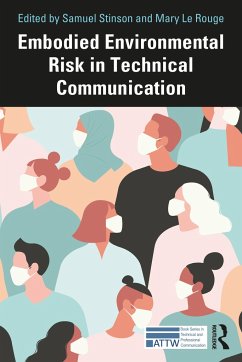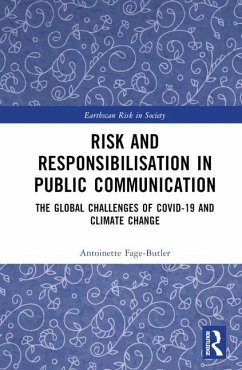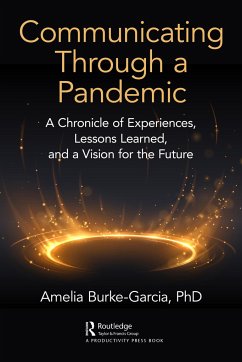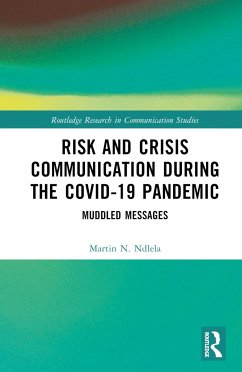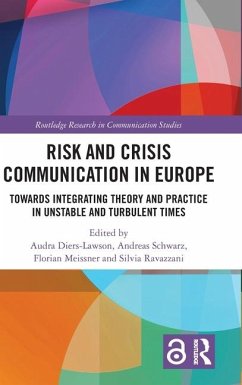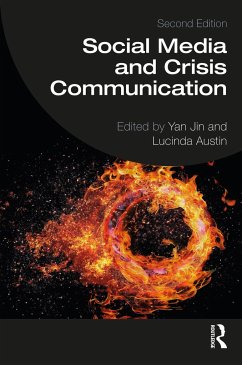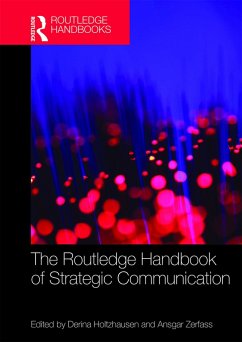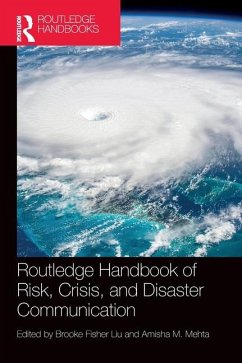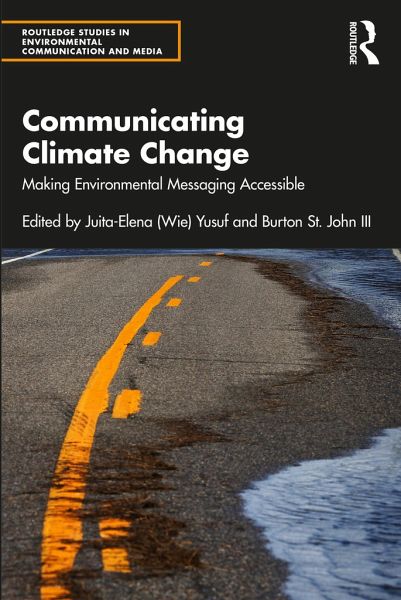
Communicating Climate Change
Making Environmental Messaging Accessible
Herausgegeben: Yusuf, Juita-Elena (Wie); St. John III, Burton

PAYBACK Punkte
19 °P sammeln!
This edited collection focuses on theoretical and applied research-based observations concerning how experts, advocates, and institutions make climate change information accessible to different audiences.Communicating Climate Change concentrates on three key elements of climate change communication - access, relevance, and understandability - to provide an overview of how these aspects allow multiple groups of stakeholders to act on climate-related information to build resilience. Featuring contributions from a wide range of scholars from across different disciplines, this book explores a mult...
This edited collection focuses on theoretical and applied research-based observations concerning how experts, advocates, and institutions make climate change information accessible to different audiences.
Communicating Climate Change concentrates on three key elements of climate change communication - access, relevance, and understandability - to provide an overview of how these aspects allow multiple groups of stakeholders to act on climate-related information to build resilience. Featuring contributions from a wide range of scholars from across different disciplines, this book explores a multitude of different scenarios and communication methods, including social media; public opinion surveys; participatory mapping; and video. Overall, climate change communication is addressed from three different perspectives: communicating with the public; communicating for stakeholder engagement; and organizational, institutional, risk, and disaster communication.
With each chapter focusing on implications and applications for practice, this book will be of great interest to students and researchers of climate change and environmental communication, as well as practitioners interested in understanding how to better engage stakeholders through climate change-related communication.
Communicating Climate Change concentrates on three key elements of climate change communication - access, relevance, and understandability - to provide an overview of how these aspects allow multiple groups of stakeholders to act on climate-related information to build resilience. Featuring contributions from a wide range of scholars from across different disciplines, this book explores a multitude of different scenarios and communication methods, including social media; public opinion surveys; participatory mapping; and video. Overall, climate change communication is addressed from three different perspectives: communicating with the public; communicating for stakeholder engagement; and organizational, institutional, risk, and disaster communication.
With each chapter focusing on implications and applications for practice, this book will be of great interest to students and researchers of climate change and environmental communication, as well as practitioners interested in understanding how to better engage stakeholders through climate change-related communication.





